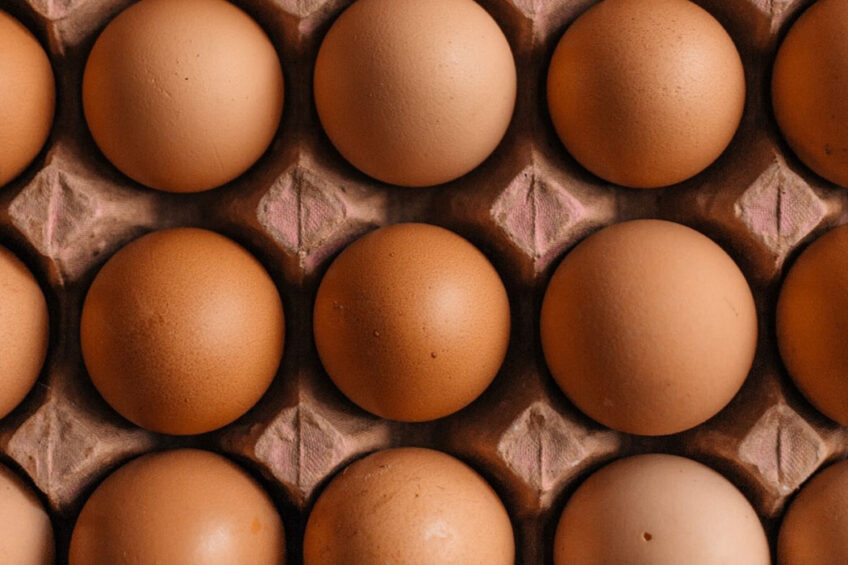Poultry probiotic to prevent salmonella infection

The first study on probiotic spray application on eggs to reduce Salmonella in hatchlings will soon begin at the University of Connecticut in the US. By targeting Salmonella infection and spread at multiple developmental stages, the risk to consumers could be greatly reduced.
Associate professor of food microbiology in the College of Agriculture, Health and Natural Resources, Mary Anne Amalaradjou, has received a US$150,000 grant from the USDA’s SARE programme to study a probiotic supplement to control Salmonella in hatchlings and help them develop a healthy microbiome.
The Center for Disease Control and Prevention estimates that Salmonella causes about 1.35 million infections, 26,500 hospitalisations, and 420 deaths in the US each year. Most of these infections are foodborne and the culprits are often said to be eggs and poultry.
Amalaradjou’s intervention will spray unhatched eggs with a probiotic supplement and provide the hatchlings with an additional supplement through their water as they are transported to grow-out farms where the researchers will continue the treatment. This research is based on Amalaradjou’s previous work which found probiotics can significantly reduce Salmonella populations on eggs and reduce its colonisation in chicken intestinal cells.
Essential oils to minimise disease in broiler chicks
Researchers in Australia are investigating the benefits of native essential oils, including lemon myrtle oil and eucalyptus oil, for animal welfare, productivity and sustainability in the Australian chicken meat industry. Find out more…
Through this project, Amalaradjou will be able to develop a multi-pronged approach to control Salmonella in chickens and improve meat safety.
“Ultimately, through early and sustained probiotic supplementation, we aim to develop a comprehensive approach that helps control Salmonella in broiler chicks while improving their performance,” says Amalaradjou, adding that her approach focuses on improving the health of hatchlings’ gut microbiomes as a means of combatting pathogenic colonisation.













